December 4, 2025
New Science: Seabirds on Restored Islands Boost Coral Reef Health
A new study reveals how seabirds, connector species between land and sea, play a huge role in the health of coral reefs!
Published on
January 13, 2025
Written by
Bren Ram
Photo credit
Bren Ram
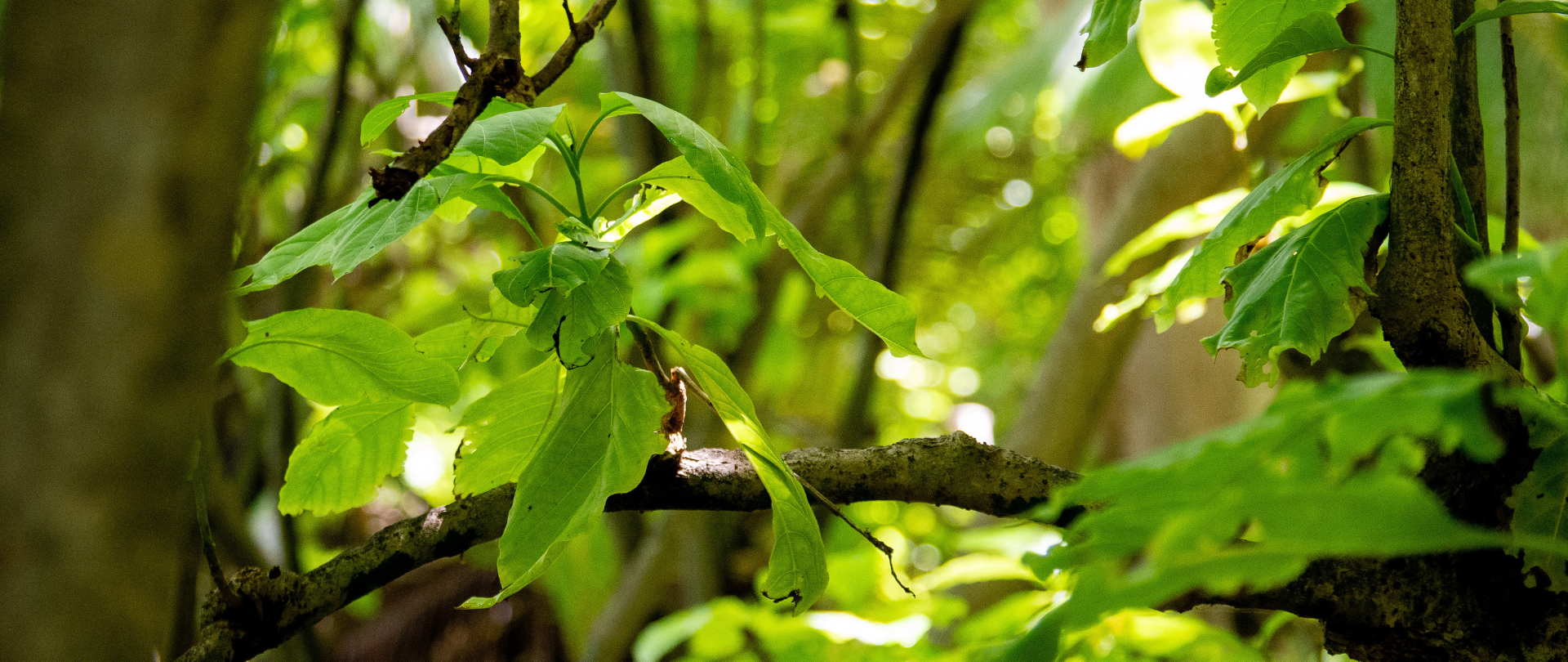
Plants are incredibly important to the health of island ecosystems. More than building habitats for our favorite species of birds, crabs, and other animals, they have the power to change the shape of an island’s coastline and even trap greenhouse gases from the atmosphere. Plant roots hold soil together, preventing erosion, and plants on islands capture millions of metric tons of carbon per year. They also provide essential food and materials to nearby island communities. But did you know that island plants make up a huge percentage of global plant biodiversity?
About 31%, or almost a third, of all plant species are endemic to islands (meaning they are only found there). These numbers come from a new study by scientists from around the world which tallies up all the vascular plant species (basically everything except lichen, moss, algae, and fungi) native to individual islands and archipelagos around the world. As many as 70,000 plant species worldwide could be endemic to islands—an extremely high number, considering the fact that islands only make up 5.3% of the world’s land area. This reinforces just how special islands are and what we stand to gain for global biodiversity when we restore them.

The study, titled “Islands are key for protecting the world’s plant endemism,” with lead author Julian Schrader of Macquarie University was published in Nature on the 24th of October. It’s full of incredible statistics that underscore the importance of plants for islands and for the planet. Here are just a few:
Island species face significant threats from habitat degradation, invasive species, and climate change. Their small populations and unique adaptations make them particularly vulnerable.
At Island Conservation, we’ve seen the knock-on effects of holistic restoration firsthand—and rebalancing even one variable can lead to astonishing results. On Palmyra Atoll, for example, we found that removing an invasive mammal species (invasive rats) led to a 5000% increase in native Pisonia seedlings.

Research shows seabirds prefer nesting in native trees over introduced ones. The return of the native forest will provide more breeding opportunities for seabirds, which bring important nutrients from the sea to the island through their guano, which in turn supports healthy soil and runs off to support life in the nearshore marine environment.
Our commitment to holistic restoration means considering all aspects of ecosystem recovery from ridge to reef. Because everything is connected, highlighting island plants is key to showing the world the importance of island ecosystems in general. Join us as we work to restore islands around the world by making a donation today, and join our newsletter for updates and more exciting studies like these!
Check out other journal entries we think you might be interested in.
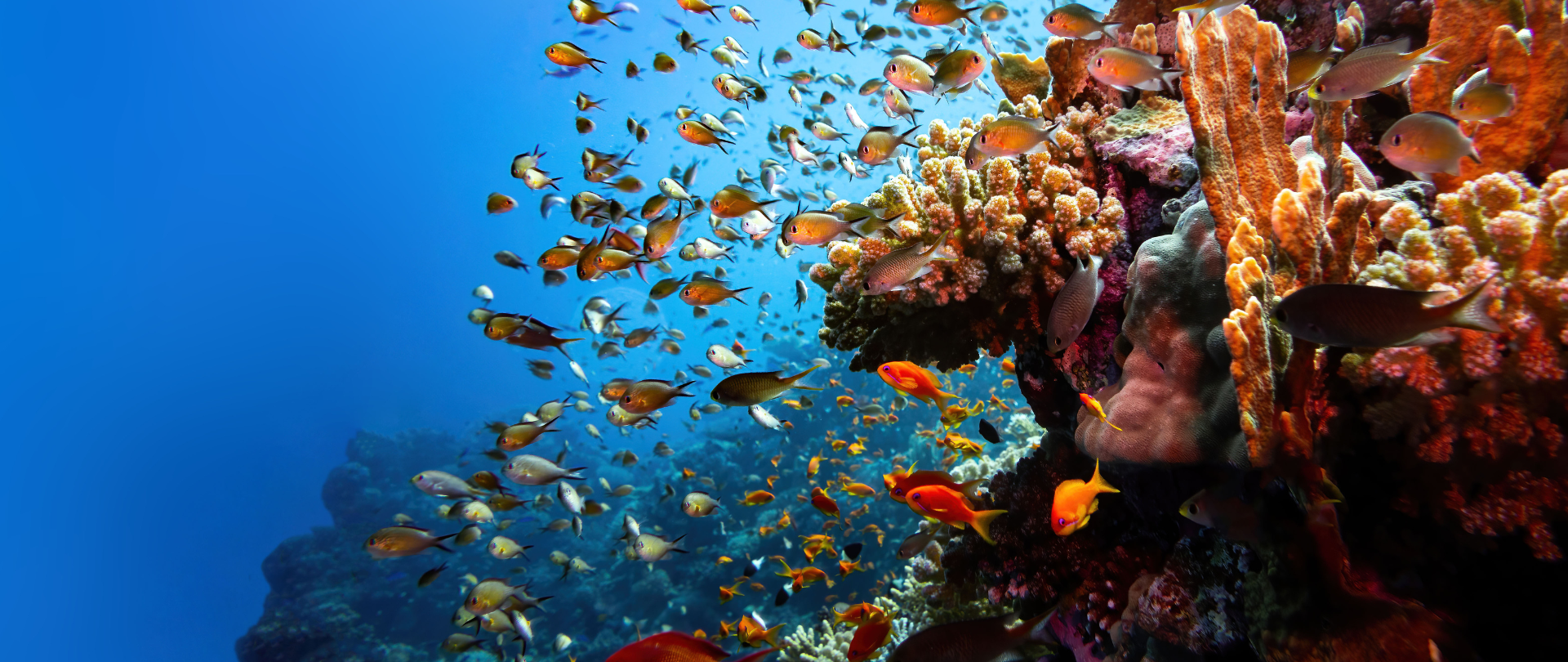
December 4, 2025
A new study reveals how seabirds, connector species between land and sea, play a huge role in the health of coral reefs!
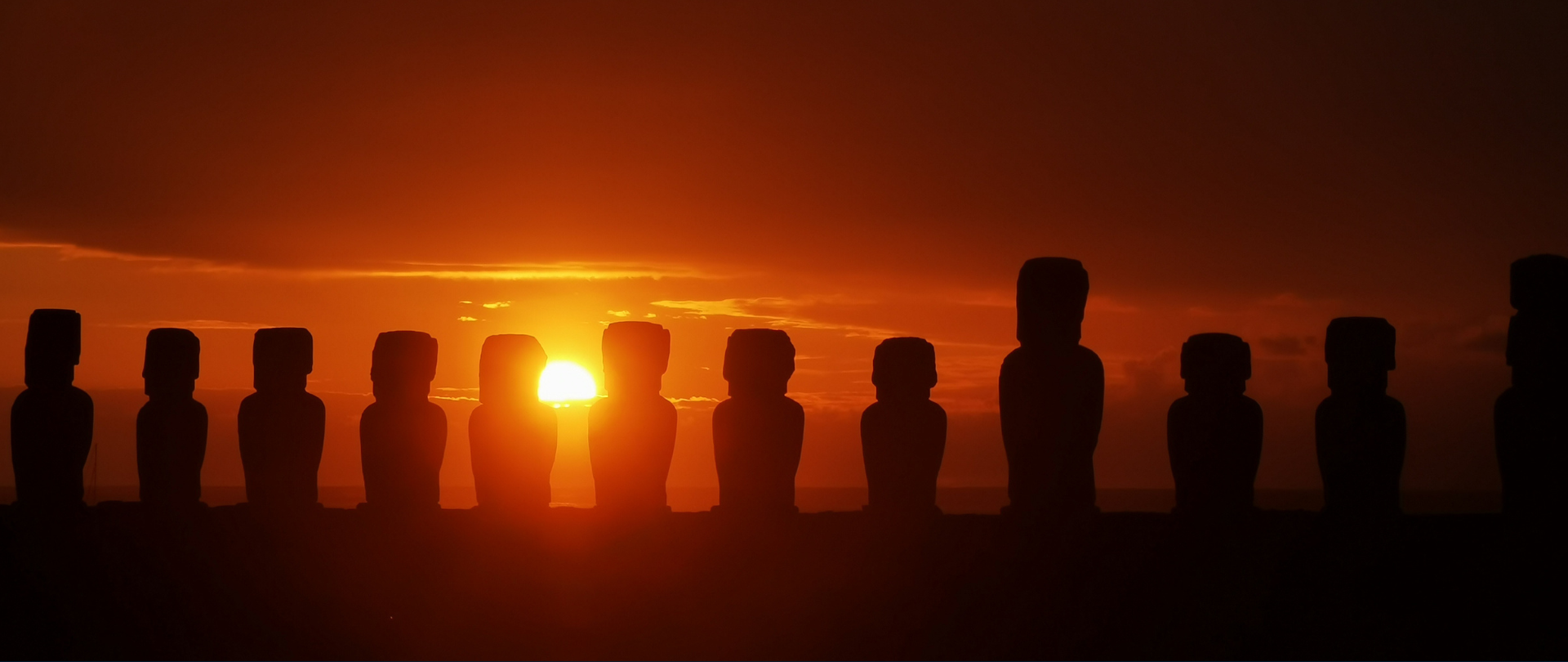
November 25, 2025
A new scientific paper is changing the way we understand Rapa Nui (Easter Island)'s ecological history!
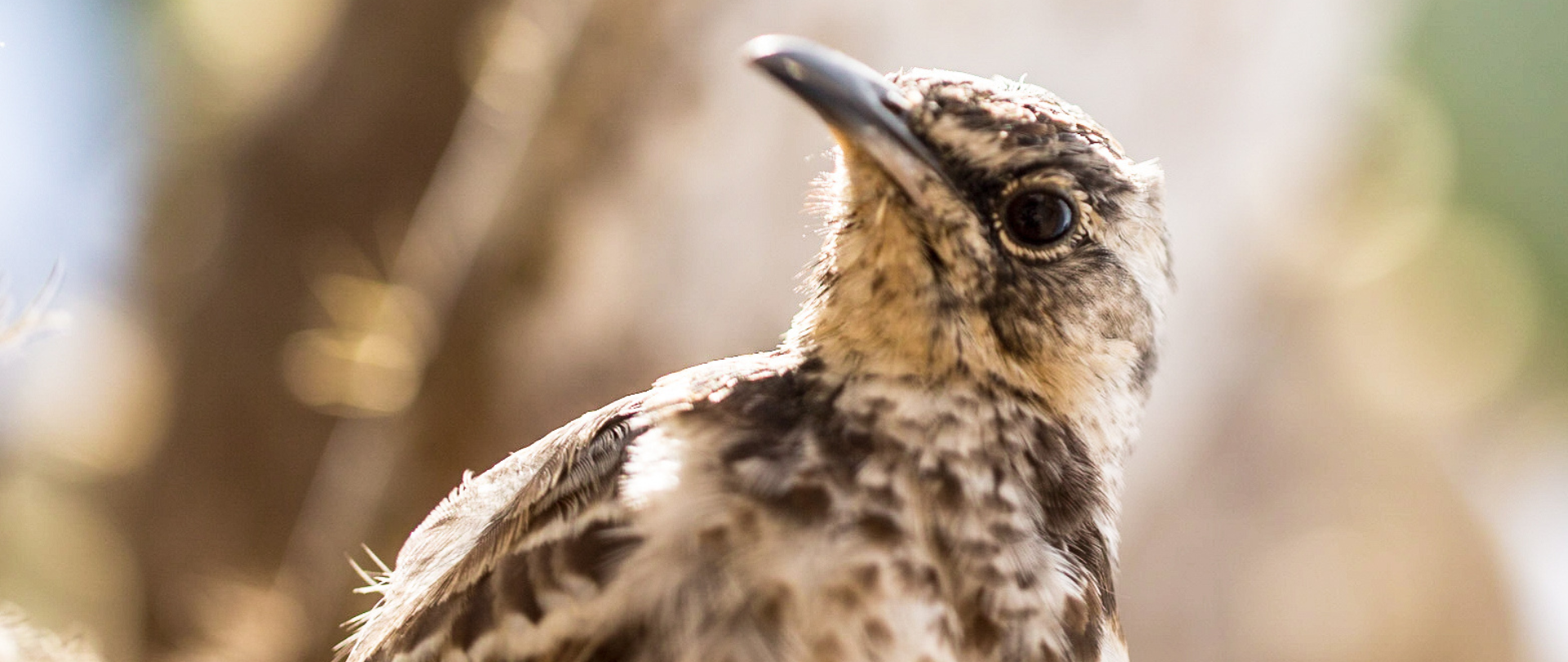
November 21, 2025
Holistic restoration is at work on Floreana Island, where the largest conservation project in the history of the Galápagos is underway!
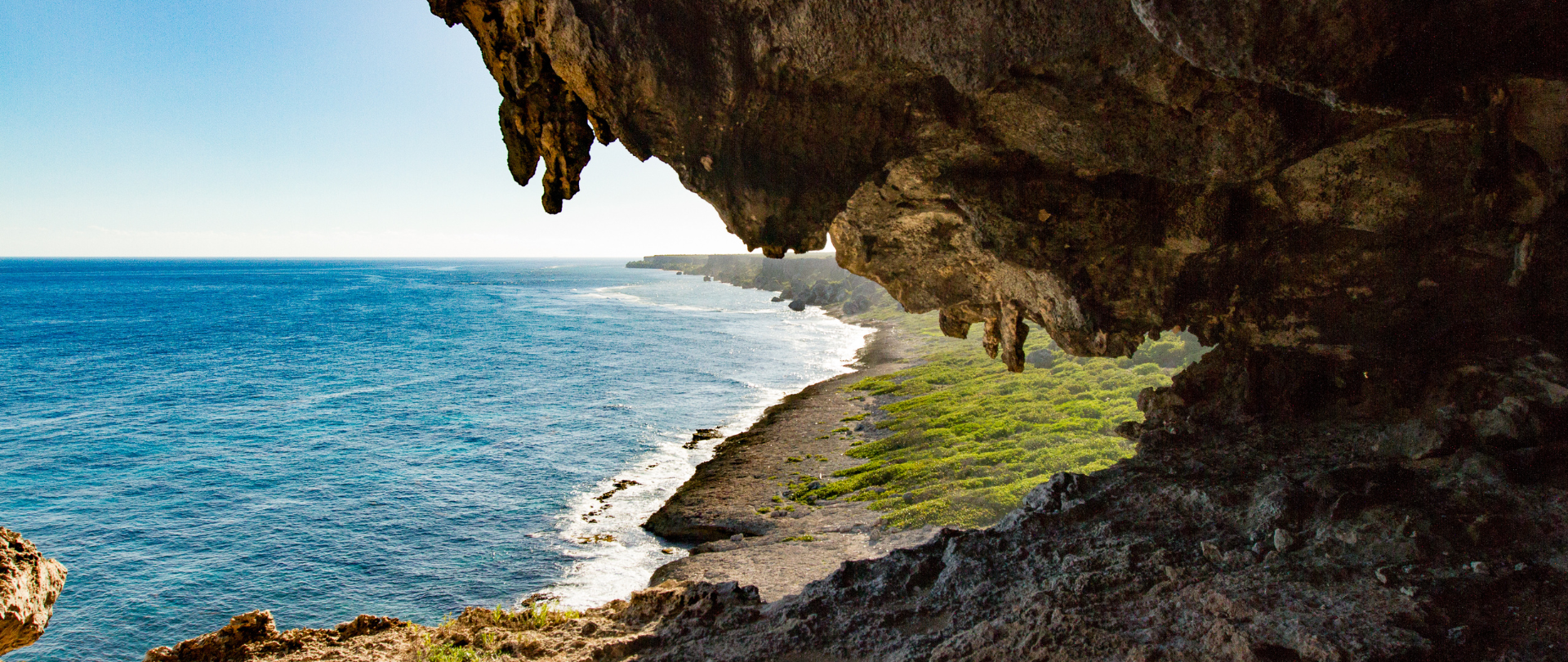
October 30, 2025
Our proposal for a United Nations-sanctioned Decade of Island Resilience spotlights the power of global small islands!
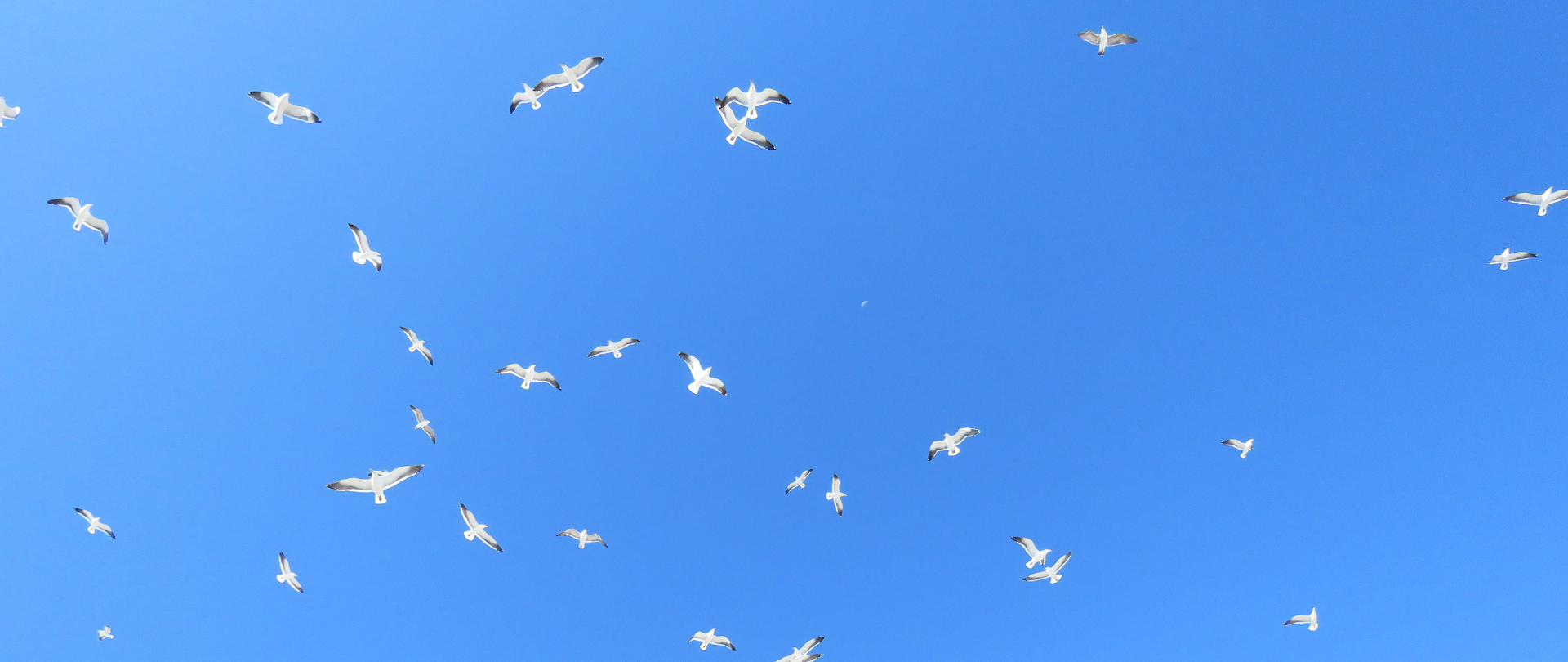
October 26, 2025
A new study shows the power of seabirds to drive entire ecosystems by circulating nutrients between land and sea!
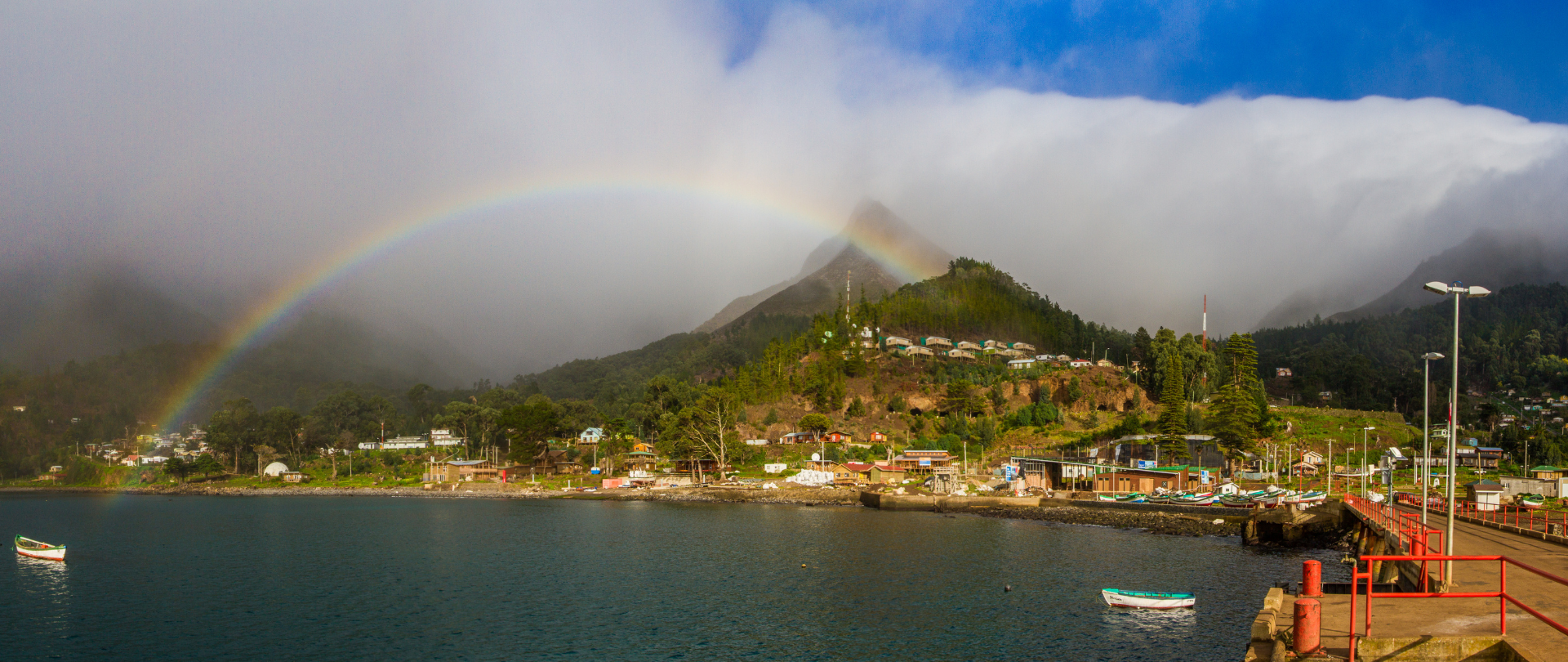
September 12, 2025
How can you make the maximum impact on the planet with your donation? Some conservation actions are most cost-effective than others!

August 28, 2025
A new paper reveals the benefits of holistic restoration on Australia's Lord Howe Island!
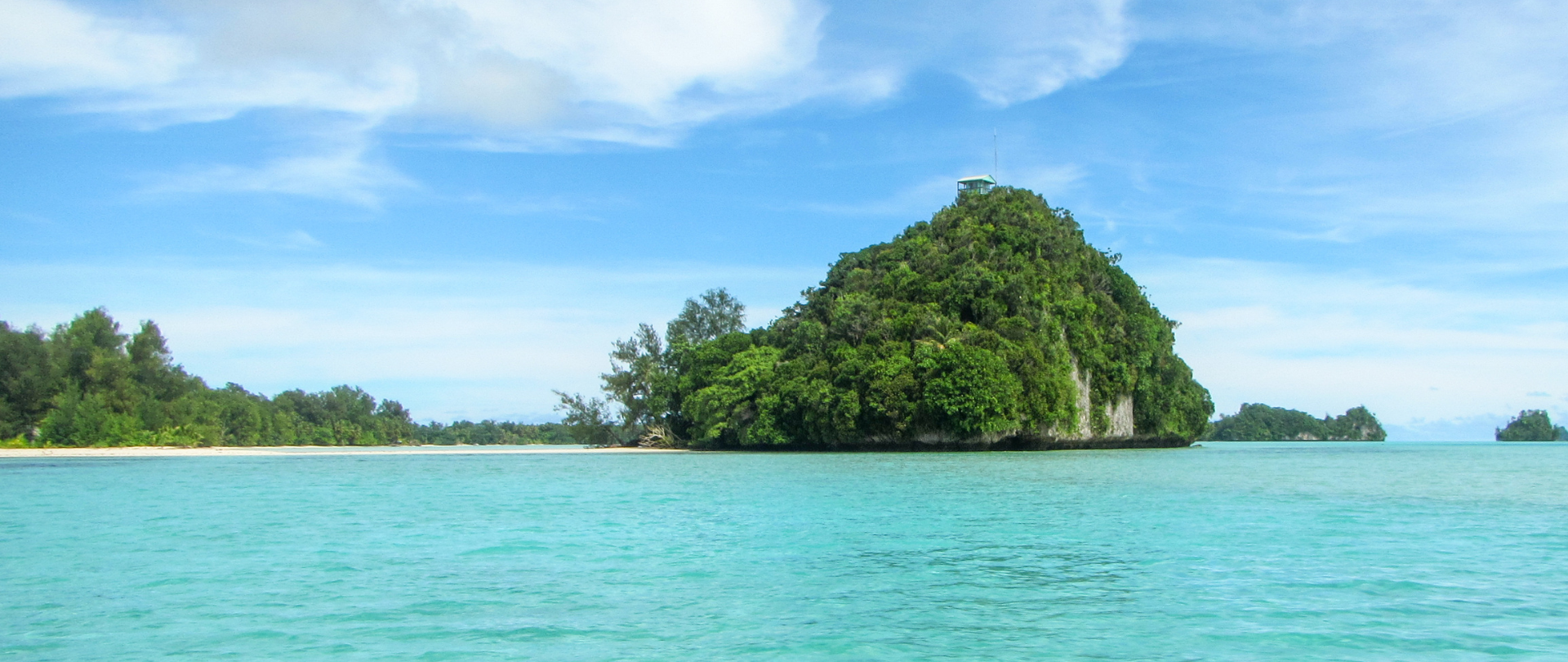
August 14, 2025
A new scientific paper reveals how seabird-derived nutrients can rebalance the relationship between turf algae and herbivorous fish, ultimately helping coral reefs thrive!
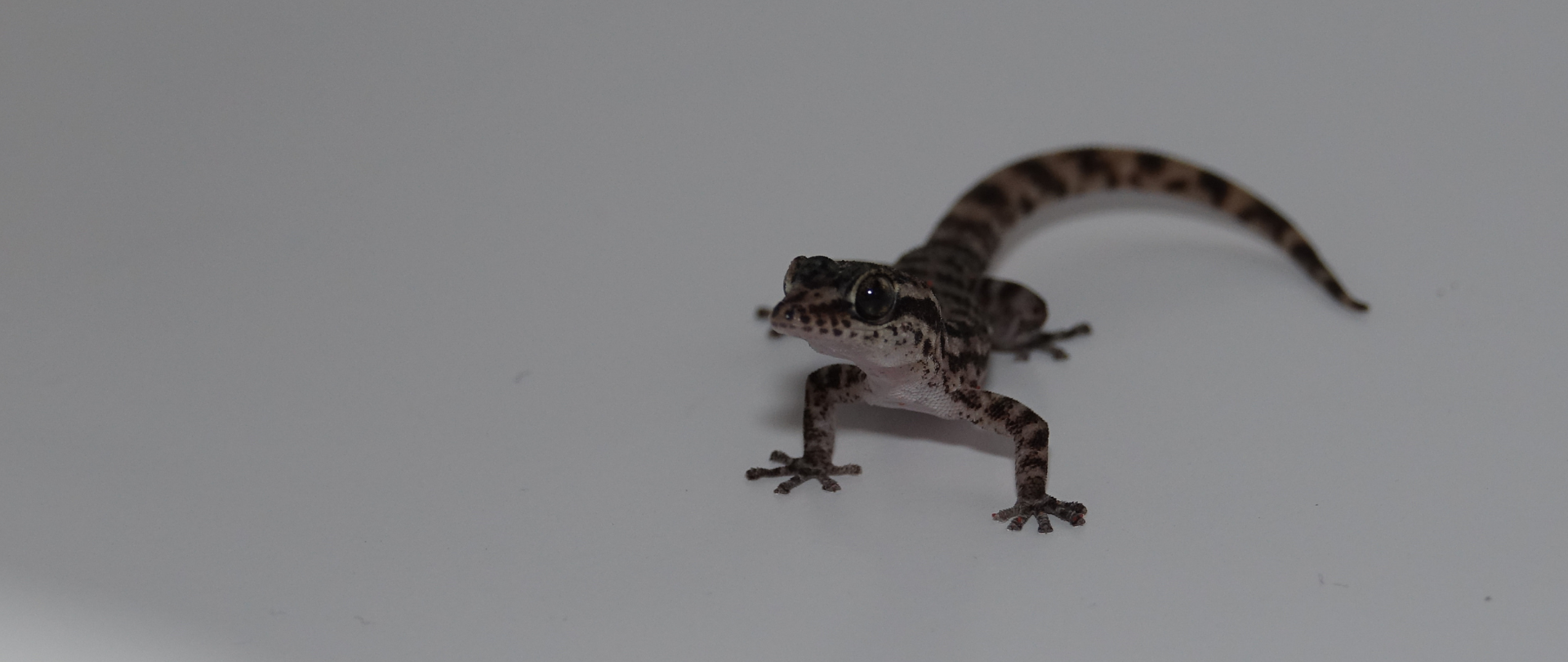
July 22, 2025
A species once thought extinct just made its comeback. A study published in PLOS ONE confirms the Leaf-toed Gecko has been rediscovered on Rábida Island in the Galápagos.
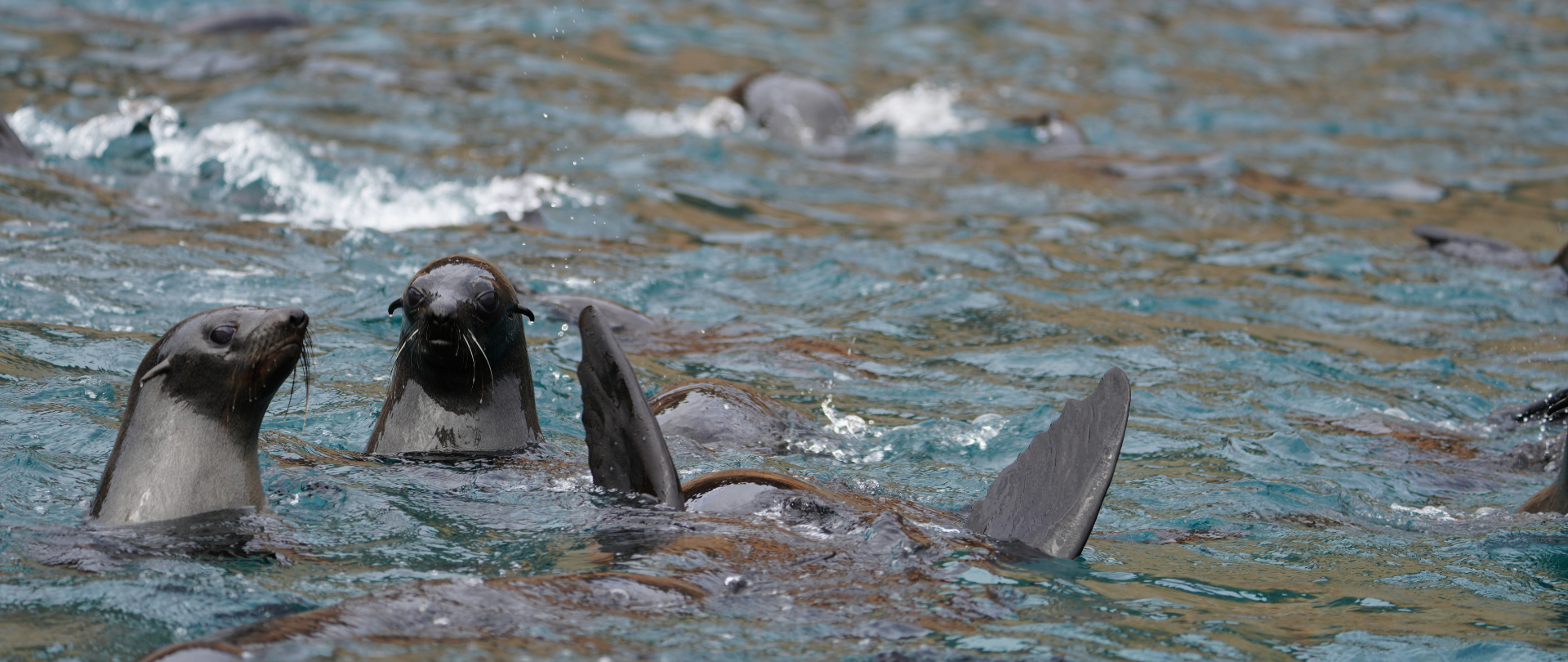
July 14, 2025
Marine Protected Areas help fish stocks rebound, protect endangered species, and build climate resilience. Find out how islands play a vital role in this process!